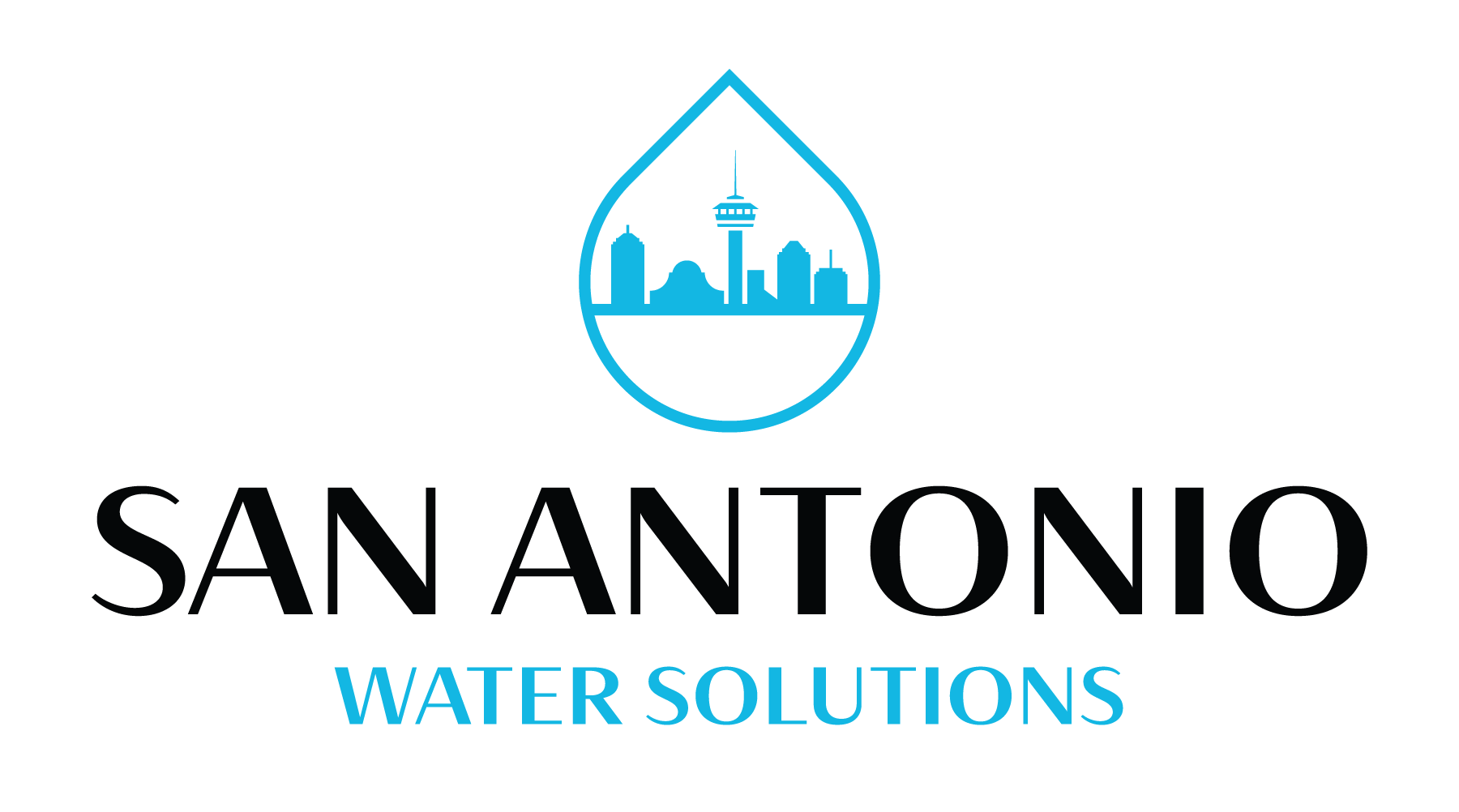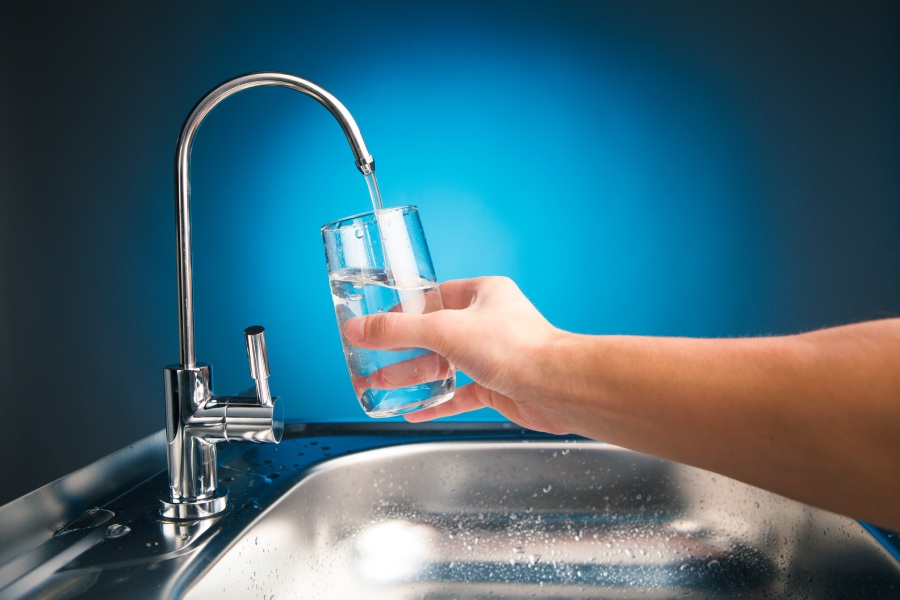Water is an essential resource for our bodies, and it’s crucial to have access to clean water free from pollutants that can harm us in the long run. A good water filtration system ensures that you are consuming safe drinking water. However, choosing the best filtration system for your home can be daunting due to the array of options available on the market. That’s why we have put together this ultimate guide with a comprehensive breakdown of everything you need to know about selecting a suitable water treatment solution that meets your household needs. From pre-filters and activated carbon filters to UV sterilizers and reverse osmosis systems, keep reading for expert advice on what will work best for filtering your tap water at home.
This guide explains various aspects related to a water filtration system, including pre-filters and activated carbon filters, as well as Ultrafiltration (UF), Ultraviolet (UV), and Reverse Osmosis (RO) systems. Notably, these different types have their unique features that work differently from one another. By providing comprehensive information on each approach, readers will gain better insight into selecting an ideal filter that not only meets their requirements but also fits within their budget.
Factors to Consider When Choosing a Water Filtration System
When choosing a water filtration system, several factors need to be considered. Firstly, it’s essential to determine the level of contamination in your water supply. You can conduct a home water test or engage professionals to identify any specific contaminants that might be present in your tap water. This information will help you choose the most suitable type of filter, whether it is activated carbon filters, Reverse Osmosis (RO) systems or UV disinfection units.
Another factor to consider when selecting a filtration system for your home is maintenance and cost. The initial purchase price of some high-end systems may seem expensive; however, regular replacement costs should also be factored into the overall budget as well as regular upkeep such as replacing filters regularly.
Common Contaminants Found in Water
Water is a basic human need, and it’s unfortunate that the majority of our water sources are contaminated with various pollutants. Ingesting contaminated water can cause serious harm to your health, especially if the contaminants go unnoticed for extended periods. Some common contaminations found in water include lead, pesticides, bacteria like E.Coli and Legionella pneumophila, viruses like hepatitis A, metals such as arsenic and mercury, nitrates from fertilizers used in agriculture activities among others.
Lead contamination is one of the most severe forms of water pollution since its ingestion causes kidney damage and high blood pressure. Pesticides that are commonly used on crops find their way into our drinking supply through various channels including rainwater runoff from agricultural fields during heavy rains or over-irrigation; from spills at pesticide-dumping sites; as well as illegal dumping by individuals. The above contaminants pose serious health risks if not filtered out properly before consumption.
Maintenance Requirements and Cost
When selecting a water filtration system, it’s essential to consider its maintenance requirements and costs. Different systems have varying levels of upkeep necessary for optimal performance. For instance, some require routine filter changes or backwashing while others may need regular cleaning or sanitization. Maintenance costs can add up over time and significantly impact the overall operating cost of your filtration system.
It’s crucial to factor in the maintenance needs when choosing a water treatment solution because neglecting them can lead to reduced effectiveness, increased energy consumption, or even complete failure of the system. You should also consider if you have the skills and resources required to maintain the filtration system yourself, such as changing filters or dealing with any faults that arise. If not, you’ll want to budget for professional servicing expenses accordingly – either occasionally or regularly depending on your situation.
Conclusion
Keeping a safe and clean water supply for your household is crucial, and investing in the best water filtration system is an excellent way to achieve that goal. It’s essential to research and understand the different types of filters available on the market first. Then consider several factors such as cost, size of your home, flow rate capacity, and contaminant removal level you need before making a final decision. Enlisting the help of a professional company is of great importance while you are working on making your final decision.
Remember that every household has unique needs when it comes to their water treatment systems. Some may need additional features like UV light or reverse osmosis filter while others might only require basic sediment filters for their homes’ source of drinking water. In following our guide, we hope you can pick out the perfect filtration system that ensures high-performance results giving you access to safe drinking water for years ahead!


Recent Comments